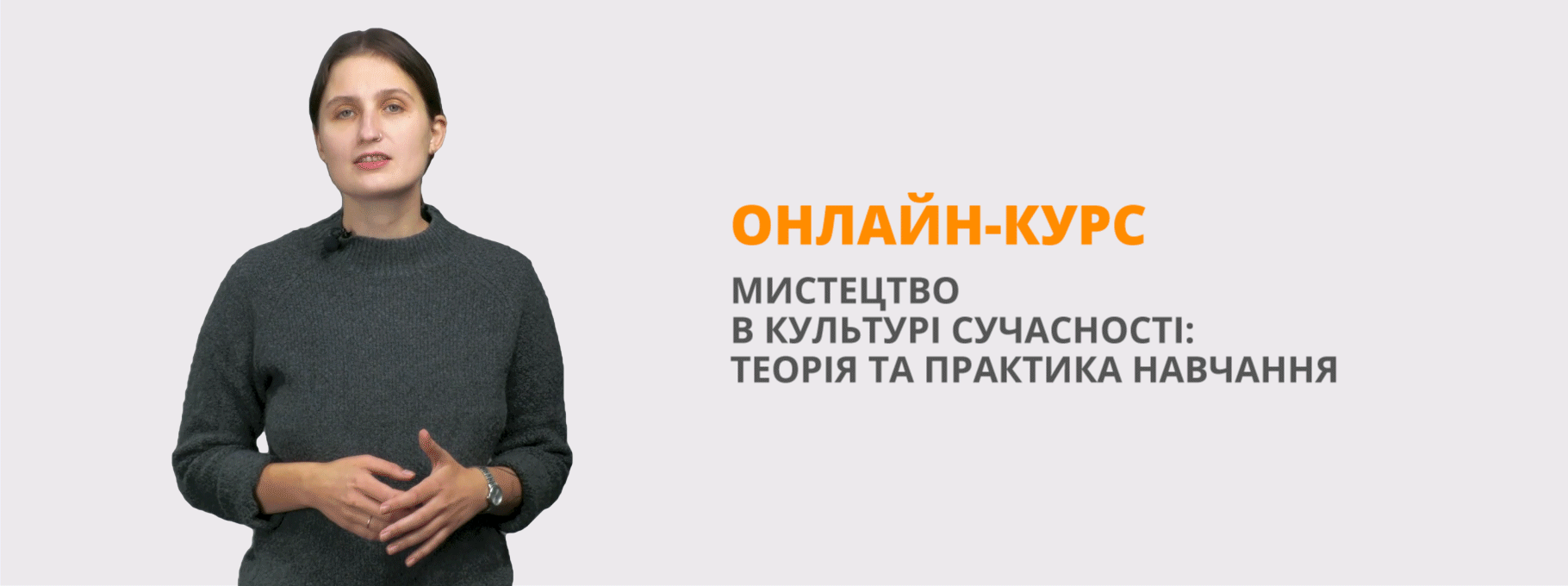Урок з англійської мови "Мій улюблений вид спорту"
Form: 6
Theme: My Favourite Sport
Lesson’s type: mixed
The aims of the lesson:
‒ Practical: to practice listening and speaking skills.
‒ Educational: to strengthen new lexical material; to improve knowledge about different kinds of sport; the construction I enjoy + Gerund.
‒ Developing: to develop students’ memorization, concentration and to listening skills.
‒ Cultural: to know about pupils’ favourite sports; to form positive atmosphere in class.
Equipment: a text-book “We Learn English” by Alla Nesvit, blackboard, pictures, mp3 recording.
Procedure of the Lesson
- Organization moment
T.: Good morning, everybody! I hope you are ready for your English lesson. Today we’ll speak about your favourite sport. But, firstly, let’s check your home-task.
II. Warm – up
T.: Put the words from the list into four categories.
Hockey, tennis, basketball, golf, boating, horse riding, swimming, table tennis, football, skateboarding, athletics, cycling, volleyball, karate, skating, skiing, running, boxing, wrestling.
|
Water Sports |
Adventure Sports |
Ball Games |
Other Individual Sports |
|
|
|
|
|
T.: Good job! Work in pairs. Ask your friend:
• what his / her favourite sport is;
• what sport he / she is good at;
• what sport he / she would like to be good at;
• where he / she usually plays sports;
• if he / she likes to watch sports on TV or at the stadium.
III. The main body
T.: Listen the interview with a swimmer and do the exercises to improve your listening skills.
Write a number (1-5) to put these activities in the normal order in the day.
__________Get dressed and have breakfast.
__________ Have classes and lunch.
__________ Have dinner and watch TV.
__________ Wake up and have a shower.
__________ Go to bed.
Circle True or False for these sentences.
1. Dan gets up early. True False
2. He has a small breakfast. True False
3. He’s a student. True False
4. Dan has lunch at home. True False
5. He goes swimming after classes. True False
6. Dan watches TV and goes on the internet before bed. True False
В англійській мові правильні та неправильні дієслова формують особливу форму, яка має назву герундій (Gerund). До інфінітива додається закінчення –ing: reading, entering.
У герундія є кілька форм:
- Indefinite Active (невизначений в дійсній заставі) — reading
- Indefinite Passive (невизначений в пасивному стані) — being read
- Perfect Active (досконалий в дійсній заставі) — having read
- Perfect Passive (досконалий в пасивному стані) — having been read.
Наступні дієслова зі значенням подобається ∕ не подобається часто вживають з герундієм:
like, love, hate, can't bear, enjoy, dislike, mind, can't mind.
I love reading.
I enjoying playing football.
T.: Work in pairs. Read and say what the children enjoy doing in these situations.
Example:
A: Dan is at the school stadium. What does he enjoy doing there?
B: He enjoys playing football with his friends.
1. The school playground is always full of boys and girls. What do they enjoy doing there?
2. We have got a new stadium in our town. What will the children enjoy doing there?
3. There is a skating rink in the Sports Centre. What do the girls enjoy doing there?
4. Your father is going to attend a football match. What is he going to enjoy doing there?
T.: Ok. Now read and act out the situation.
You are in the youth camp. Talk about your favourite kind of sport. Say how often you train and where.
Answer your friends’ questions.
T.: Let’s play a mime game.
Pupil A mimes one of the sports. The other pupils must guess and say what kinds of sport he/she goes in for.
Ask pupil A a question to get more information. Pupil A answers this question.
Example: Pupil A mimes boating.
One of the pupils: You go in for boating. How often do you train?
Pupil A: I train three times a week.
IV. Results of the lesson
T: That’s all for today. For the next time you should do ex. 3, p. 92. Have a nice day! Good-bye!


про публікацію авторської розробки
Додати розробку
